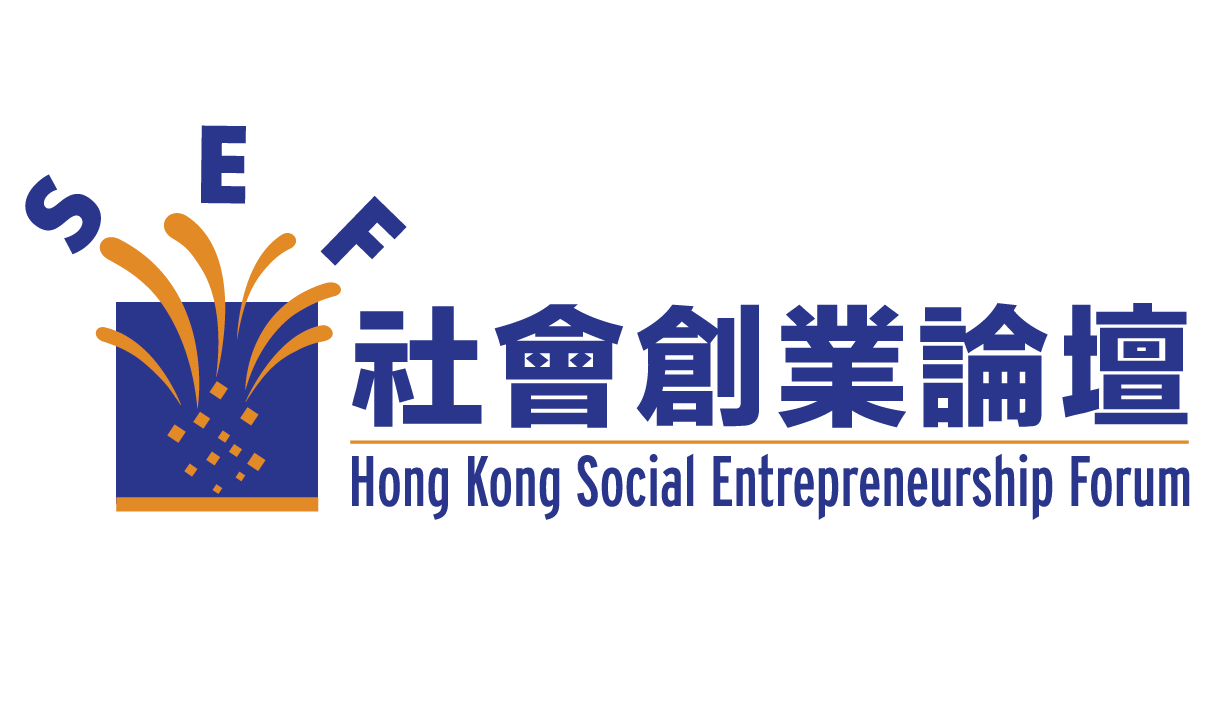Edited by Dr KK Tse
At the Social Enterprise Summit 2009, KK presented a report on the state of development of social enterprises and social entrepreneurship in Hong Kong, under the title of ‘From Green Shoots to Mainstream Business: Social Entrepreneurship’s Long March in Hong Kong’. Below are some highlights.
10 Green Shoots were identified, namely:
- From emphases on social enterprise to social entrepreneurship – a paradigm shift
- Growing number of non-government-funded social enterprises
- Self-strengthening of government-funded social enterprises – the founding of the Hong Kong General Chamber of Social Enterprises
- Growing number of ‘platform’ organizations supporting social entrepreneurship
- Growing business support for social enterprise development
- Growing number of civil society organizations supporting the development of social entrepreneurship
- Growing recognition for the achievements of local social entrepreneurs
- Growing number of publications and media coverage
- From charity to venture philanthropy – modest but bold steps
- HKSAR government entering a new phase in promoting and supporting social enterprise development
These are some of the ‘Green Shoots’ emerging in the Hong Kong scene. Despite its short history, social entrepreneurship is beginning to make its presence felt in the community. However, they are but a few initial steps in a very ‘Long March’. Nevertheless, all these serve to underline the imperative of creating and sustaining a civic movement of social entrepreneurship, which is exactly the mission of the Hong Kong Social Entrepreneurship Forum.
Social Entrepreneurship’s Ultimate Goal: Towards a Common Vision
Green shoots for what? Where are we heading? What is social entrepreneurship’s ultimate goal? As part of the global social entrepreneurship movement, it is possible to identify two ultimate goals as the core ingredients of our common vision:
Everyone a Changemaker – Almost without exceptions, social entrepreneurs are catalyst changemakers, in the sense that not only are they changemakers themselves, but they also inspire a large number of ordinary people to become changemakers. Indeed, no social entrepreneurs can accomplish anything on a significant scale without the collaboration and contribution of fellow changemakers.
The most enduring impact of social entrepreneurs’ work is not so much the innovative services they create to meet social needs but the mindset change it brings about that change is possible and that changemakers can effect major positive change in society. Take Muhammad Yunus as an example. His greatest contribution to the world is not his Grameen Bank (which by itself is huge and deserves a Nobel Prize), but how his example has inspired millions of people across the global that positive social change can be initiated and sustained through individual efforts.
Every Business a Social Business – Again, the inspiration has come from Yunus, who is an economist by training and who is now leading a movement to rethink the nature of capitalism. Basically he challenges the deeply ingrained conception that all business must maximize profit, which has been the unquestioned assumption of modern economic theory. The global financial tsunami that swept the world last year has heightened the imperative and urgency of this fundamental rethinking. Human beings are not one-dimensional entities; neither should businesses be one-dimensional. Yunus calls for the development of social business entrepreneurs and the social business investors, and a corresponding ‘social capital market’. One day, he hopes, capitalism will be transformed to such an extent that every business will be a social business, that is, they are capable of making money and doing good to society at the same time.
Major Challenges and Opportunities Ahead
- Creating a social capital market
- Making more creative use of government funding and policy support
- Enabling universities to make significant contribution to the social entrepreneurship movement
- Engaging young people as leaders of positive social change
- Facilitating experience exchange and mutual support among social entrepreneurs in the Greater China region

